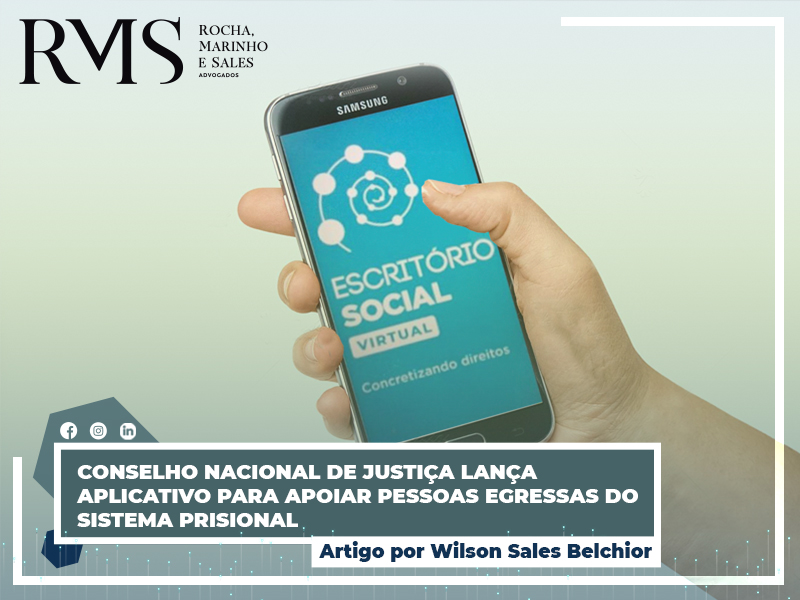STJ decides that data in the phonebook is not covered by constitutional secrecy
15/02/2021

The state public prosecutor filed a special appeal against the judgment of the TJ-RJ
The Fifth Panel of the Superior Court of Justice decided on the possibility of using data contained in an accused’s phone book without judicial authorization and, consequently, on the validity of the evidence produced with access to that information. It was pointed out, in this way, that the data contained in the phonebook “does not have the guarantee of protection of telephone confidentiality or telematic data, since the phonebook is one of the facilities offered by modern smartphone devices to its users”. Unlike, therefore, data resulting from telephone or telematic interception, stored on the cell phone, which depend on judicial authorization and are protected by item XII, of article 5, of the Constitution.
In the specific case, the State Public Prosecutor filed a special appeal against the judgment of the TJ-RJ, which declared the nullity of the evidence obtained on the cell phone of one of the accused. The understanding was based on the indispensability of the prior request for a court order to breach confidentiality so that it was possible to access the existing contact list on the cell phone. This is because, according to the Court of origin, “access to the data of the alleged criminal offender’s mobile device, without prior judicial authorization, constitutes illegality, since it resembles the violation of telephone communications”, with consequent incidence of the theory of fruits of the poisoned tree (illegality by derivation), since “all the evidence resulting from that obtained through illicit means will also be contaminated by the illegality”.
Rapporteur Minister Joel Ilan Paciornik detailed that “not being a contact list or call record, the firm understanding of both classes and, in this case, of the STJ is to consider the evidence obtained by the police when approaching the individual caught in the act illicit. ”. Likewise, he emphasized that the chance encounter of evidence in the police approach is widely accepted in the STJ’s jurisprudence, even though the measure that led to the accidental discovery was determined by incompetent authority.
In the meantime, the phone book, according to the decision, is outside the protection provided by item XII, of article 5 of the Constitution, to data and telephone communications, “because it was compiled by the cell phone owner, given that these information is not the result of telephone or telematic communication ”. It is, therefore, covered by the authorization of the Criminal Procedure Code (art. 6, II and III) so that the police authority, in the case of the occurrence of a criminal offense, apprehends the objects that are related to the fact, as well as harvesting it. all the evidence that serves to clarify the fact and its circumstances.
Wilson Sales Belchior




